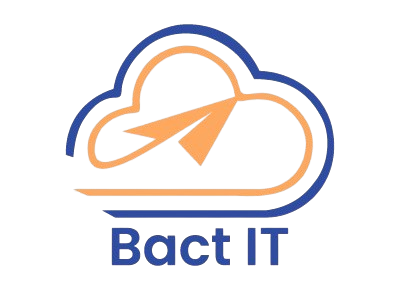MS-AZ-204 Developer Associate

We are committed to equipping individuals and organizations with the tools and expertise they need to thrive in a rapidly changing digital world.
Request A Quote !
AZ-204: Microsoft Azure Developer Associate
Level: Associate
Duration: 40–50 Hours
Course Overview
The AZ-204: Microsoft Azure Developer Associate course is designed for developers who want to build cloud-based applications and services on Microsoft Azure. This course covers topics such as implementing Azure services, security, storage, and monitoring, and is aligned with the Microsoft Azure Developer Associate certification exam.
Course Objectives
- Develop Azure compute solutions
- Implement Azure storage solutions
- Design and implement Azure security solutions
- Monitor, troubleshoot, and optimize Azure solutions
- Prepare for the AZ-204 Developer Associate certification exam
Course Outline
Module 1: Develop Azure Compute Solutions
- Implement Azure App Services
- Develop Azure Functions
- Implement Azure Container Instances and Azure Kubernetes Service (AKS)
- Configure application settings and connection strings
- Implement deployment slots and continuous integration/continuous deployment (CI/CD)
Module 2: Implement Azure Storage Solutions
- Develop solutions for using Azure Blob Storage
- Manage data in Azure Cosmos DB and SQL Database
- Integrate Azure Storage with applications
- Implement data storage strategies using Azure Queue and Table Storage
- Implement Azure File Storage and Share
Module 3: Implement Azure Security Solutions
- Implement authentication and authorization for Azure applications
- Use Managed Identity and Azure Active Directory (Azure AD)
- Secure communication between Azure resources with Azure Key Vault
- Implement OAuth2, OpenID Connect, and role-based access control (RBAC)
- Implement encryption at rest and in transit
Module 4: Monitor, Troubleshoot, and Optimize Azure Solutions
- Implement logging and monitoring with Azure Monitor and Application Insights
- Configure diagnostic settings and troubleshooting tools
- Monitor performance and optimize applications for Azure
- Integrate third-party tools for monitoring
- Implement autoscaling and performance tuning
Module 5: Connect to and Consume Azure Services and Third-Party Services
- Implement Azure Service Bus, Event Grid, and Event Hubs for messaging
- Integrate Azure Logic Apps, Azure Functions, and WebJobs for automation
- Integrate third-party services with Azure APIs and RESTful services
- Implement API management with Azure API Management
- Use Azure Cognitive Services and integrate AI with applications
Module 6: Design and Implement Azure Solutions for APIs and Web Apps
- Create and deploy Azure APIs with API Management
- Configure and deploy web apps using Azure App Service
- Implement custom authentication and authorization for web apps
- Integrate with Azure Active Directory for authentication in web apps
- Implement session state and cookies in Azure web apps
Module 7: Implement Azure DevOps for Development and Deployment
- Implement CI/CD pipelines using Azure DevOps
- Set up and configure version control for Azure repositories
- Implement automated testing and deployment strategies
- Create release pipelines with Azure DevOps
- Use Azure DevTest Labs for provisioning environments
Module 8: Exam Preparation and Practice
- Review key topics and best practices
- Practice questions to familiarize with exam format
- Scenario-based assessments and real-world applications
- Final mock exam and exam tips
Target Audience
- Developers who want to build cloud-based applications and services on Microsoft Azure
- IT professionals looking to enhance their Azure development skills
- Candidates preparing for the AZ-204 certification exam
Prerequisites
- Proficiency in programming with C#, Java, Python, or other languages
- Experience with web development, cloud-based services, and application lifecycle management
- Basic understanding of Microsoft Azure is helpful but not required
